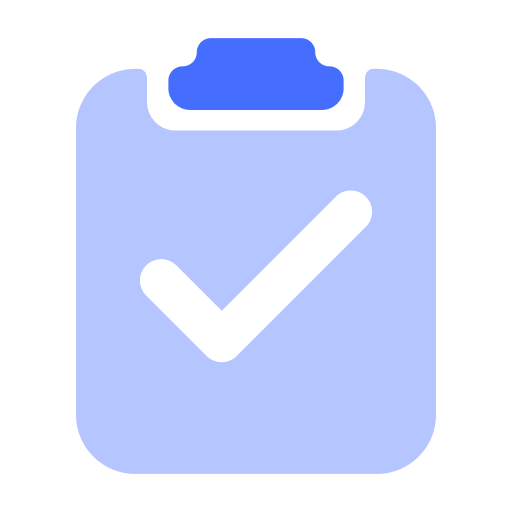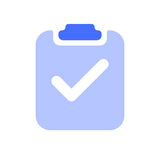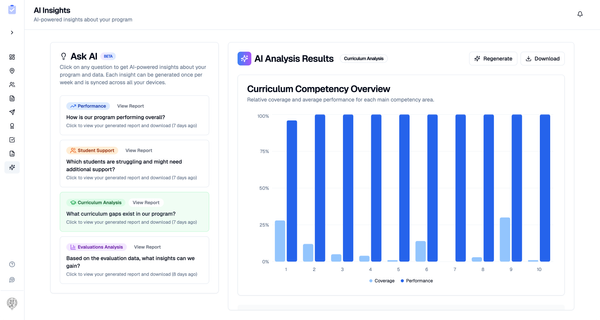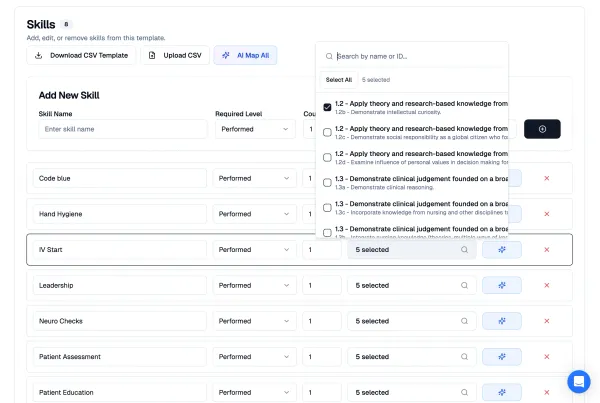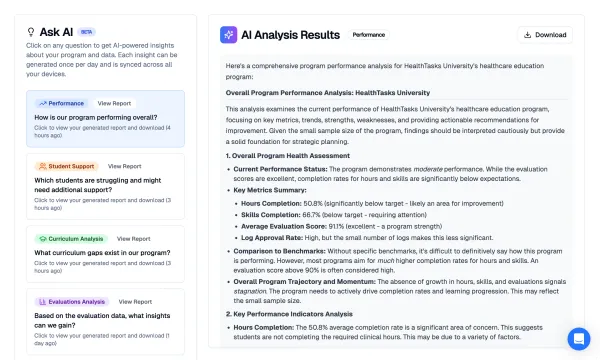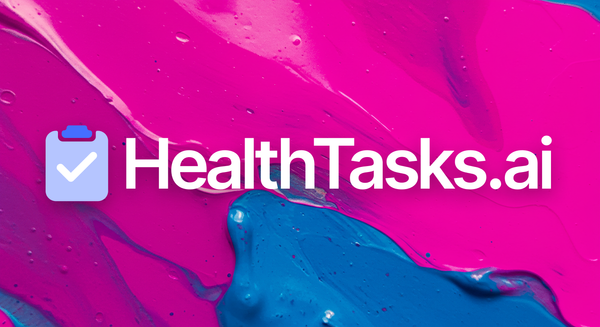NurseTasks - A HIPAA Compliant To-Do List App For Nurses

In the digital age, technology has transformed the healthcare landscape, enabling more efficient patient care, streamlined workflows, and improved communication among healthcare professionals. One such technological advancement is the use of to-do list apps in healthcare settings. These apps help medical practitioners manage their tasks, appointments, and responsibilities with greater organization and ease. However, in the healthcare sector, the paramount concern is patient privacy and data security. This is where the Health Insurance Portability and Accountability Act (HIPAA) comes into play. HIPAA compliance is essential when integrating to-do list apps into healthcare environments to ensure the protection of sensitive patient information.
Understanding HIPAA Compliance
HIPAA, enacted in 1996, sets the standard for protecting sensitive patient data and promoting the privacy and security of health information. It establishes guidelines for healthcare providers, health plans, and healthcare clearinghouses, as well as their business associates, to safeguard patient data. The Security Rule and Privacy Rule within HIPAA outline the requirements for maintaining the confidentiality, integrity, and availability of electronic protected health information (ePHI).
Challenges in Healthcare To-Do List Apps
While to-do list apps offer undeniable benefits, their adoption in healthcare settings introduces unique challenges. Healthcare professionals deal with an array of sensitive patient data, including medical history, diagnosis, treatment plans, and personal contact information. These details must be handled with the utmost care to prevent data breaches, unauthorized access, and potential legal consequences.
Importance of HIPAA Compliance
- Data Security: Healthcare to-do list apps often involve the storage and transmission of ePHI. HIPAA compliance ensures that appropriate security measures, such as encryption and authentication, are in place to protect patient data from cyber threats and unauthorized access.
- Access Control: HIPAA mandates that only authorized personnel should have access to patient information. Compliance ensures that the to-do list app has role-based access controls, limiting data access to those who need it for their specific roles.
- Audit Trails: Healthcare to-do list apps must have audit trail capabilities to track who accessed patient data, when they accessed it, and any modifications made. This not only promotes accountability but also assists in identifying any unauthorized activities.
- Business Associate Agreements (BAAs): If the to-do list app provider is considered a business associate under HIPAA, a BAA must be established. This legal contract outlines the responsibilities of the app provider in safeguarding patient data, ensuring they adhere to HIPAA regulations.
- Training and Awareness: HIPAA requires regular training for staff to educate them about data security and privacy practices. Compliance ensures that healthcare professionals using the app are well-versed in handling patient data responsibly.
Consequences of Non-Compliance
Non-compliance with HIPAA regulations can have serious consequences. Healthcare organizations may face substantial fines, legal actions, damage to reputation, and loss of patient trust. Data breaches can lead to identity theft, financial loss, and emotional distress for patients.
Choosing a HIPAA-Compliant To-Do List App
When integrating a to-do list app into a healthcare environment, it's imperative to select a solution that prioritizes HIPAA compliance. Here are some key considerations:
- Vendor Assessment: Evaluate the app provider's commitment to HIPAA compliance. Review their security measures, data handling practices, and whether they offer a BAA.
- Encryption: Ensure the app offers strong encryption for data both at rest and in transit.
- Access Controls: Look for apps that allow you to define roles and permissions to control who can access specific patient data.
- Auditing and Monitoring: The app should have features that enable tracking and monitoring of user activities.
- Data Backup and Recovery: A reliable app should have data backup and recovery mechanisms to prevent data loss.
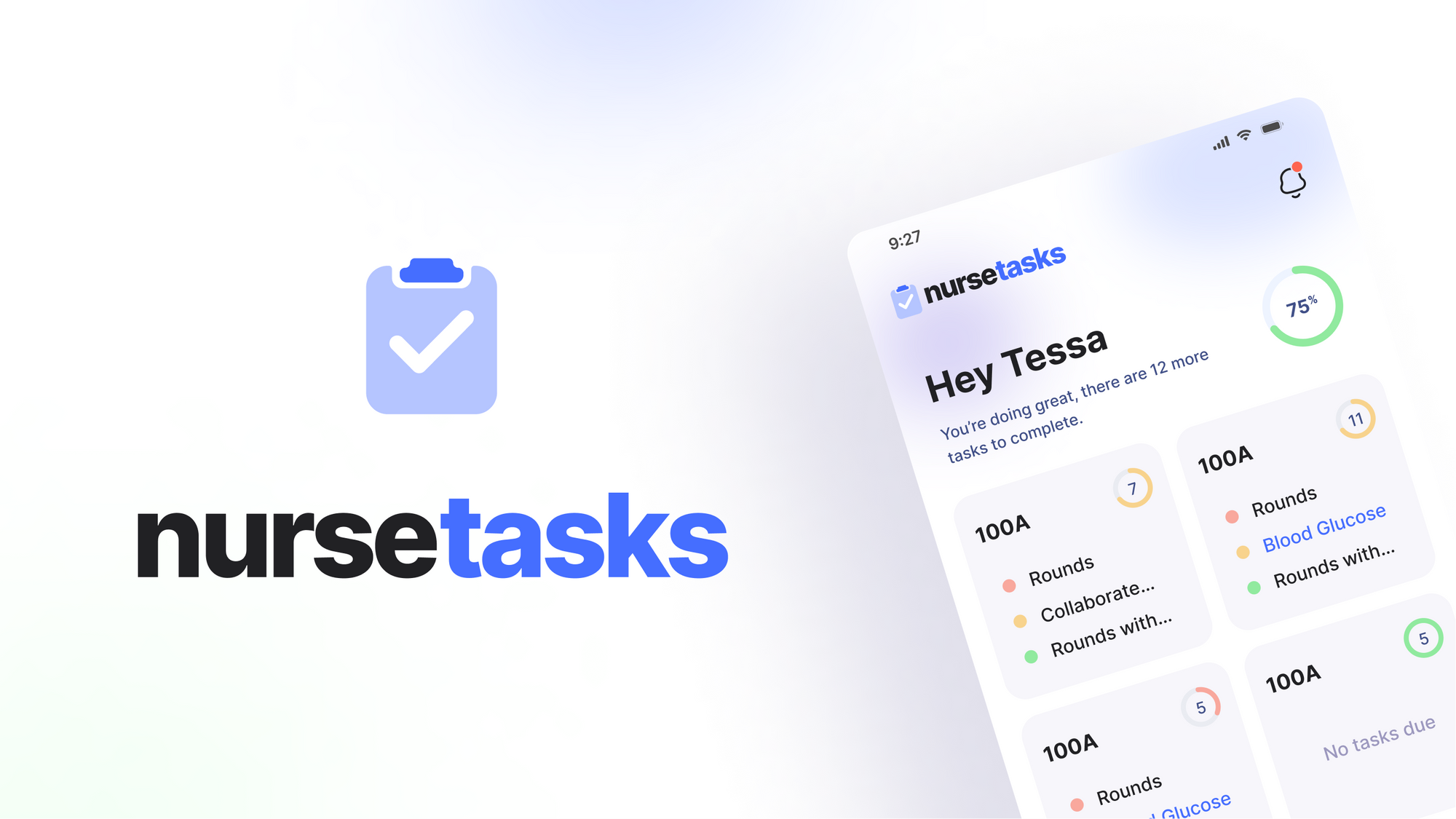
Conclusion
In the healthcare sector, protecting patient privacy and maintaining data security are non-negotiable. To-do list apps can undoubtedly enhance efficiency and organization, but their integration must be carried out in a manner that aligns with HIPAA regulations. Healthcare professionals and organizations must prioritize HIPAA compliance when selecting and implementing such apps to ensure the confidentiality, integrity, and availability of sensitive patient information. This approach not only upholds legal requirements but also safeguards patient trust and the reputation of healthcare providers.
